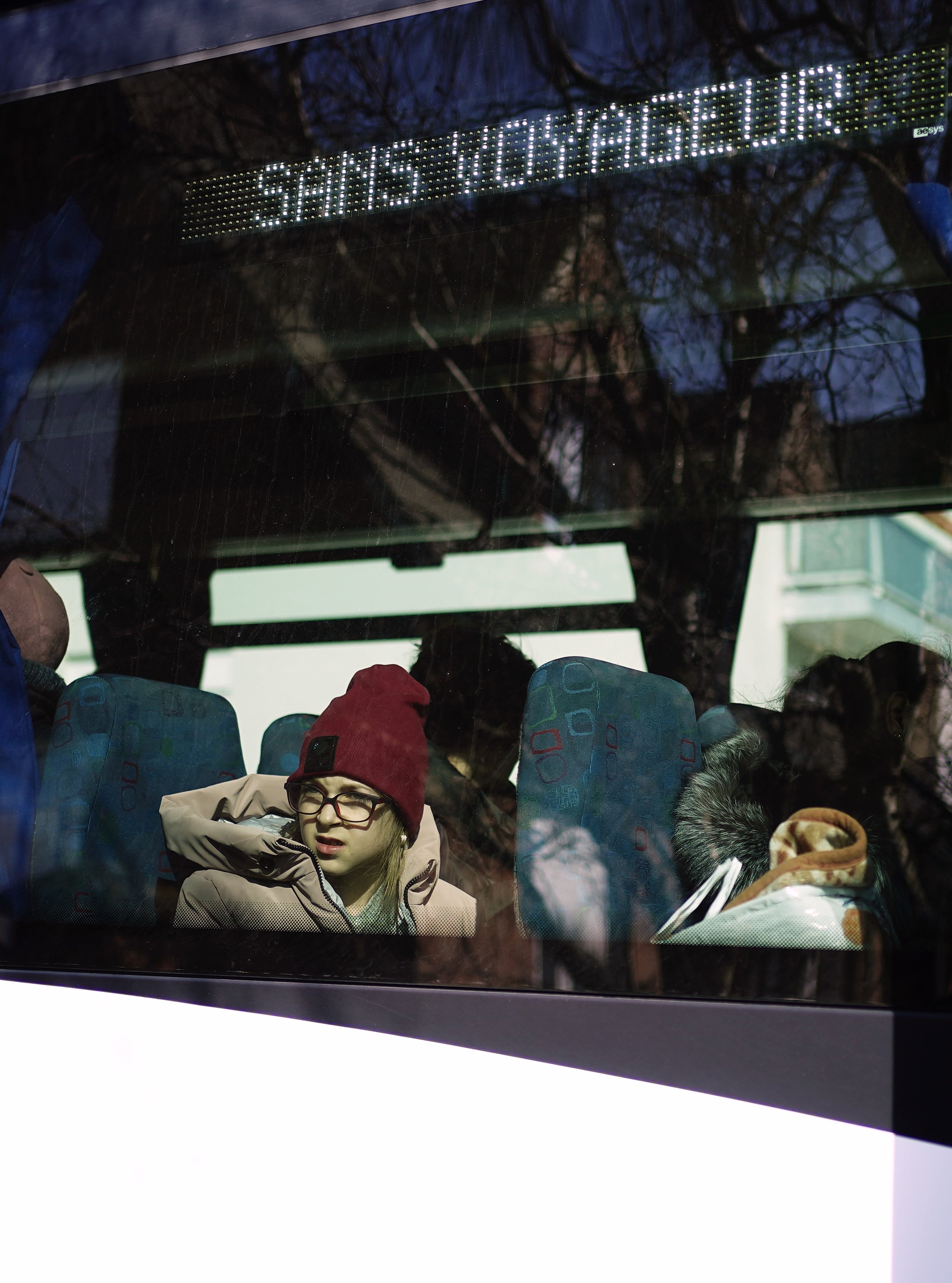Refugee charity raises £50,000 to help Ukrainian refugees entering Moldova
Refugee Support Europe launched a fundraiser on February 28 to offer support to Ukrainians fleeing their country.

Your support helps us to tell the story
From reproductive rights to climate change to Big Tech, The Independent is on the ground when the story is developing. Whether it's investigating the financials of Elon Musk's pro-Trump PAC or producing our latest documentary, 'The A Word', which shines a light on the American women fighting for reproductive rights, we know how important it is to parse out the facts from the messaging.
At such a critical moment in US history, we need reporters on the ground. Your donation allows us to keep sending journalists to speak to both sides of the story.
The Independent is trusted by Americans across the entire political spectrum. And unlike many other quality news outlets, we choose not to lock Americans out of our reporting and analysis with paywalls. We believe quality journalism should be available to everyone, paid for by those who can afford it.
Your support makes all the difference.A refugee charity has raised £50,000 to help Ukrainian refugees entering Moldova, as more than 100,000 people fleeing their homes have arrived in the country.
Refugee Support Europe launched a fundraiser on February 28 to offer support to Ukrainians seeking refuge in Moldova. Within nine days, they reached their £50,000 target.
Paul Hutchings, 54, chief executive of the charity, arrived in Moldova on March 10, and said he hopes to use the funds to help those in need through food, shelter and transport.
“It’s really going to depend on what we find, but what we want to try and do is help those immediately on the move, which is really what we specialise in,” said Mr Hutchings.
He added: “We want to try and find out where the gaps are and fill them, whether they need food, hot drinks, somewhere to sit, internet or transport.”
Mr Hutchings said the fundraiser was aimed at helping Moldova because it “is a small country with very few resources”.
“It’s a lot more remote and hard to get into and also harder to work in,” he added.
“And so for all of those reasons, it makes it a more challenging place to help and that feels like the right place to go to because people are crossing over.
“Given the few resources that there are in Moldova and how hard it is to get to, the need and opportunity to help people is a lot greater.”
United Nations Moldova reported that as of Thursday, more than 250,000 Ukrainian refugees have crossed the country’s border, with 100,000 choosing to remain.
In order to have the most impact in the country, Mr Hutchings said his team are going to start by talking to other organisations who conduct similar work.
We're going to be getting into a car and literally driving to places where we hear that there may be an issue and then going there, assessing it ourselves, talking to people that are there, having a look at what is being delivered and then seeing again if there's an opportunity to help there
He said they also hope to speak to people in businesses, local Moldovan people and people in larger humanitarian organisations to “try and figure out what they’re doing, what they see as the gaps, and then it’s a bit of legwork”.
He added: “We’re going to be getting into a car and literally driving to places where we hear that there may be an issue and then going there, assessing it ourselves, talking to people that are there, having a look at what is being delivered and then seeing again if there’s an opportunity to help there.”
Mr Hutchings has been joined by two members from Refugee Support Europe, with two more planning to arrive on Sunday and a further two the following week.
He added: “Accommodation is an issue. We don’t want to take up space that is needed for other people,” he said.
“We also want to try and work with local communities. We don’t want to have too many of us flying in from around the world, when actually the best thing is to try and support local communities and civil society that is already here.”
Despite only being in Moldova a short time, Mr Hutchings said he had already witnessed “evidence of a good, strong civil society response”.